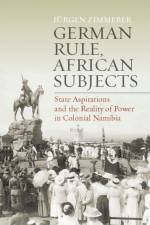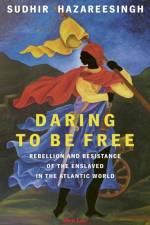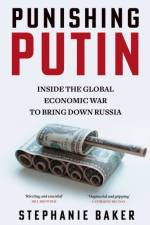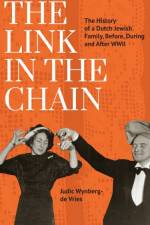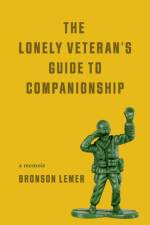av Etana H. (James Madison University Dinka
1 381
Fifty years after the 1974 Ethiopian revolution, Etana H. Dinka brings together a who's-who of modern Ethiopian studies in order to offer this long-overdue analysis of the revolution and its legacies. With contributions both from seasoned academics-many of whom wrote about the revolution as it developed-and from representatives of a younger generation, this five-part collection offers new insights not only into the revolution itself, but also into issues such as the Red Terror, the EPRDF revolution of 1991, and Abiy Ahmed's repositioning of Ethiopia after 2018. Such wide-ranging analyses cumulatively cast Ethiopia's three successive post-revolution regimes not as separate entities, but rather as successive attempts to fulfil the promise of the revolution surrounding issues such as ethnicity, the nationalities question, economic development, and the land tenure question. In developing this model, the collection captures the defining developments and issues in Ethiopia, the Horn, and the Red Sea region over the past fifty years, and it speaks directly to a global body of knowledge about revolutions; state-making projects and empires; and militarism and military interventions in politics. A unique collection ultimately expands the historical revolutionary analyses of Ethiopian politics and society to the present in order to suggest new ways of ensuring social, economic, and environmental justice for all, this book is a must-read for researchers and upper-level students interested in Ethiopia, the Horn of Africa, African Studies, and revolutionary politics and economics in general.



